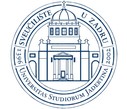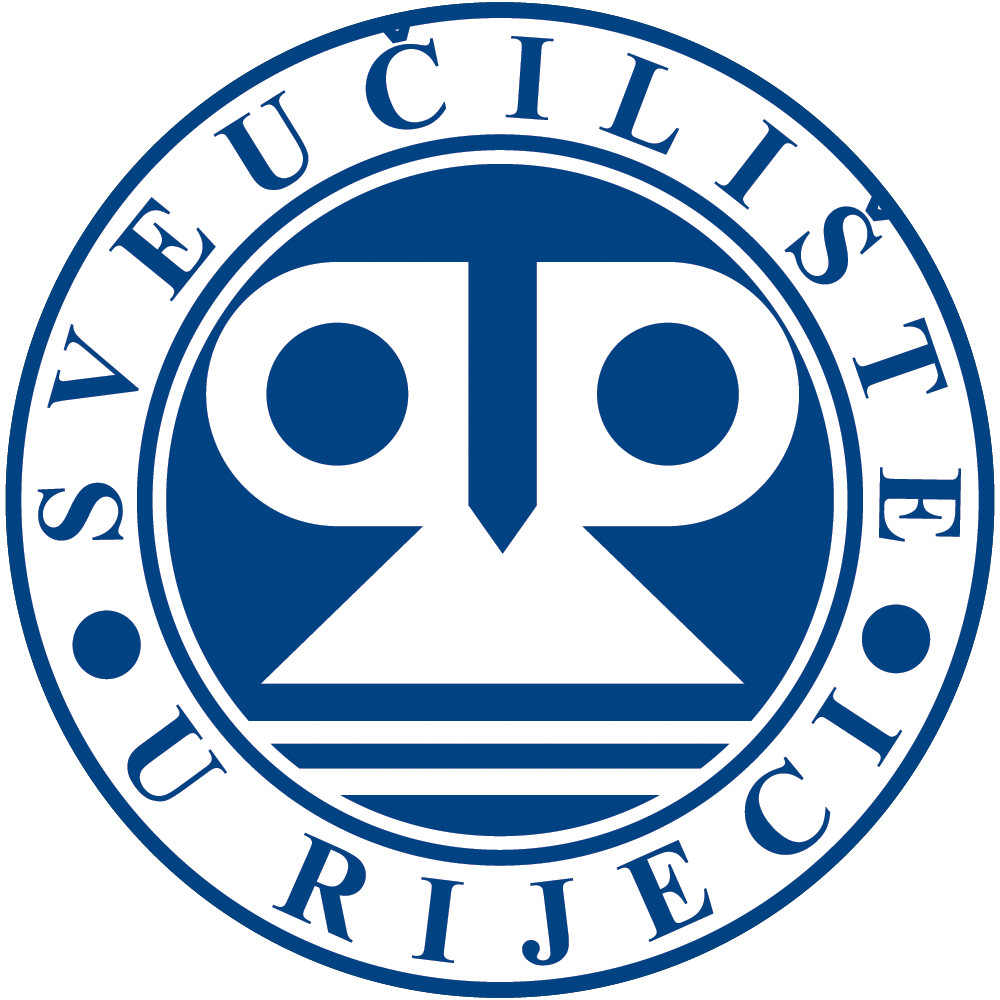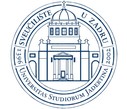University of Zadar
print
Zadar has a centuries-old university tradition, the longest in Croatia: following the tradition of ecclesiastical education, first mentioned in the 10th century, a Dominican higher education institution Studium generale, later known as the Universitas Iadertina, was founded as early as 14 June 1396. The town of Zadar was not chosen as a university centre by chance: at the time, it flourished as the most important naval point in the Austro-Hungarian Empire, where the seats of governmental institutions were situated, including the seat of the Austro-Hungarian Ban and the Hungarian- Croatian War Navy. The modern development of higher education in Zadar started in 1955 with passing of the Act on Founding the University of Zagreb's Faculty of Philosophy in Zadar. Miroslav Krleža, a Croatian writer, had a significant role in founding the faculty, with the intention to emphasize a Croatian component of higher education development on the eastern coast of the Adriatic. At the time, some scientists were writing about the nucleus of the “Adriatic” university that would have a seat in Zadar. The lectures at the newly founded Faculty of Philosophy in Zadar, a division of the University of Zagreb, started in 1956. In 1974, the Faculty of Philosophy in Zadar was affiliated to the University of Split. During the first working years of the University of Split, the Faculty of Philosophy in Zadar was its largest institution. In fact, considering the number of its sections, teaching staff and students, the Faculty of Philosophy was the largest higher education institution on the Croatian coast of the Adriatic. In 1961, the Pedagogical Academy was also founded (in 1979 it was incorporated into the Faculty of Philosophy), and in 1988 the Teacher Training College was separated from the Faculty of Philosophy in Zadar. The Teacher Training College, together with the faculty of Philosophy, made the basis of the University of Zadar that the Croatian Parliament founded in 2002, or more precisely renewed regarding its 14th century higher education tradition. In 2002, 46 years after the beginning of its work in 1956, the Faculty of Philosophy in Zadar comprised 16 divisions and 17 different study groups, 6 postgraduate studies, part-time and complementary study programmes with 3400 students, 240 employees, out of which 180 teaching staff and associates (including 60 external associates and foreign lecturers). By founding the University of Zadar on 4 July 2002, and in accordance with its Founding Act, the aforementioned institutions, together with the Students’ Centre in Zadar, were reorganised into 16 university departments and 9 expert services. Today, the University of Zadar is the largest integrated University in the Republic of Croatia, which includes 25 university departments. Departments perform studies on three levels: undergraduate, graduate and postgraduate. In order to organise and promote scientific-research activities, the University has founded four scientific-research centres as its constituent units. These include: the Centre for Adriatic Onomastic Research, Centre StjepanMatičević, Centre for Karst and Coastal Research and Centre for Interdisciplinary Marine and Maritime Research - CIMMAR. In addition, there are two active centres for professional and teaching activities: the Centre for Gymnastics and Student Sport and the Centre for Foreign Languages. The total number of students in the above mentioned studies is 6000, and the total number of the University’s employees is 598, out of which there are 422 teaching staff (311 Doctors of Science (Dr. Sc.) or Doctors of Arts (Dr.A). and 16 Masters of Science (MSc) or Masters of Arts (MA)). The University’s services employ 176 staff members, and the Student Standards Agency employs 38 staff members. The University of Zadar cooperates with numerous Croatian and foreign institutions and academic associations, through membership in international organizations and communities, and through cooperative contracts with other universities. The University actively encourages the participation of its units in international competitive projects; incoming and outgoing mobility of students, academics and academic administration; joint studies with foreign universities; contacts and encounters with domestic and foreign representatives of the academic, political and economic communities (diplomats, rectors, representatives of international organizations and government, representatives of religious institutions, etc.). Special attention is given to the cooperation with local and regional communities through preparation and execution of joint projects, participation in creation of strategic development planning documents, the encouragement of the civil society development, organizing various activities with the aim to popularize science, encourage research and sustainable regard for cultural and natural heritage.
The University of Zadar is highly involved in research projects and in the past years has built a strong network of research links with foreign universities and has participated to several projects. The Department of Anglistics is highly involved in projects connected to language knowledge and general linguistic research, such as general linguistics, language acquisition and lexicography. Especially relevant is the cooperation with Ivo Fabijanić (PhD), an associate professor for English and Russian language expert in Anglicisms and terminology who will be involved in the preparation of the Croatian version of the language guidance tool as well as in the preparation of the English LSP guidance tool.
Ivo Fabijanić graduated the English and Russian languages at the University of Zadar. He obtained his MA in 2003 and a PhD in linguistics in 2009. He is an associate professor in linguistics at the Department of Anglistics of the University of Zadar, and teaches Phonetics and Phonology, Lexicology, Lexicography, Phraseology and Contact Linguistics. In 2009 he was granted a scholarship by the Government of the Russian Federation at the University of St. Petersburg. He has been mostly focused on Anglicisms in Russian and Croatian languages, i.e. on theoretical and practical solutions of their analysis, especially at orthographic/phonological and morphological levels. His research interests also include the fields of lexicology, lexicography, phraseology and terminology (English, Russian and Croatian). He is an active member of several scientific associations, both national (HFD /Croatian Philological Society/, HDPL /Croatian Applied Linguistics Society/, HUPE /Croatian Association of Teachers of English/) and international (ESSE, EURALEX, GLAD Research Network). So far he has published A Workbook of English Phonetics and Phonology for Students of EFL (second, corrected edition in 2018).
Izv.prof.dr.sc Ivo Fabijanić Associate Professor ivo.fabijanic@unizd.hr







